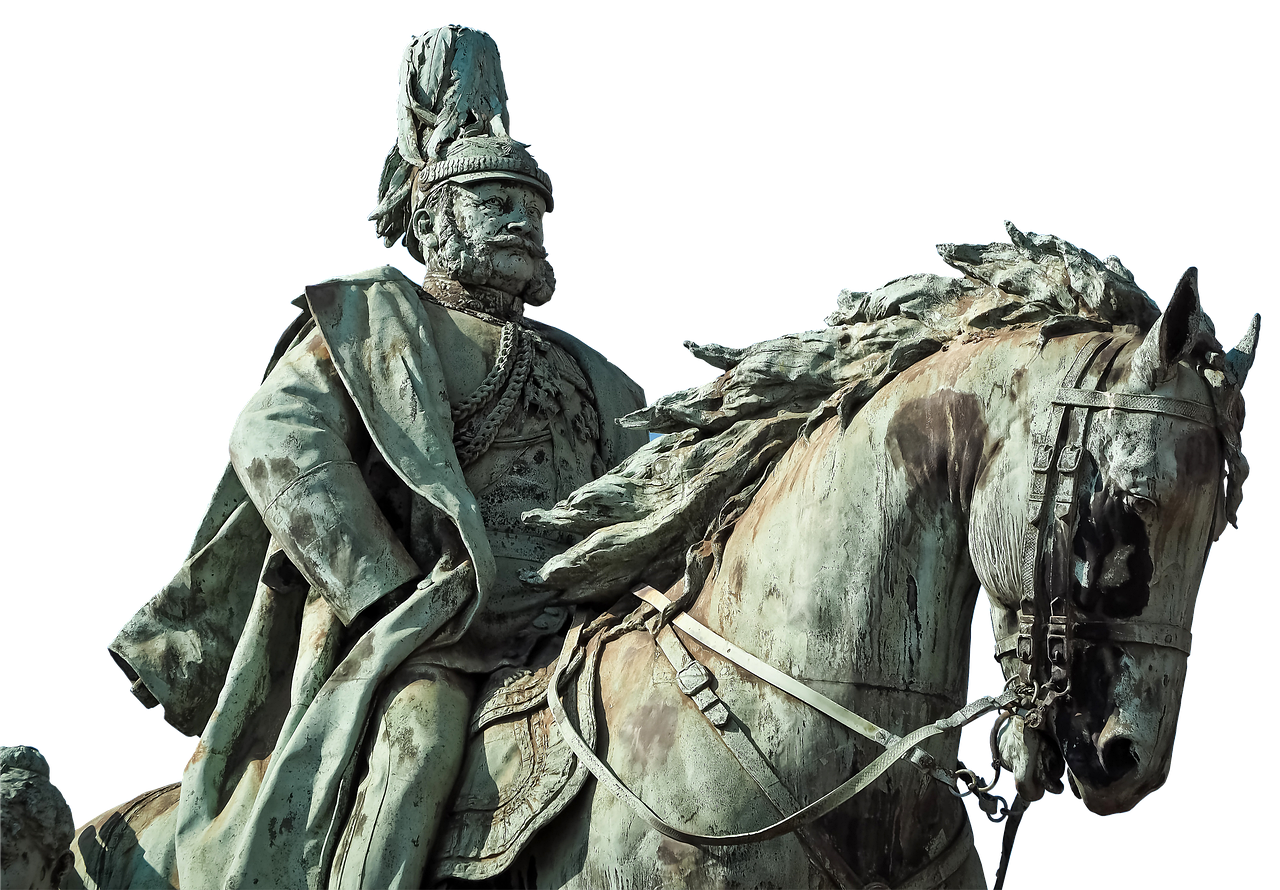Exploring the Jade Emperor: The Supreme Deity of Chinese Mythology
The Jade Emperor, or Yu Huang, is an iconic figure in Chinese mythology, embodying the essence of supreme authority, wisdom, and virtues like compassion and fairness. His character reflects the cosmic order and the political infrastructure of ancient China.
Key Points
- The Jade Emperor is regarded as a supreme deity in Chinese culture, representing a hierarchy that parallels the organization of Heaven and aligns with the qualities that emperors strive to uphold.
- His mythology is enriched with narratives, including his rise to power after vanquishing evil forces, the establishment of the Chinese zodiac through a legendary race, and his interactions with renowned figures like the Monkey King.
- As both a divine figure and a cultural symbol, the Jade Emperor’s existence is celebrated through significant rituals and festivals, including his birthday and the Chinese New Year, where people pray and offer rituals in hope of receiving his blessings.
The Celestial Sovereign: Understanding the Jade Emperor
The Jade Emperor, recognized under various revered titles including the Great Emperor of Jade and Pure August Emperor, is integral to the celestial hierarchies within Chinese mythology. His perceived role mirrors that of earthly rulers, consolidating a divine bureaucracy with celestial deities managing different facets of the universe.
The celestial hierarchy includes gods like Mazu, who safeguards sailors, and Guan Yu, lauded for his military valiance, all operating under the vigilant governance of the Jade Emperor. In the Taoist cosmological framework, he serves as an aide to the Jade Pure One, Yuanshi Tianzun.
The Jade Emperor in Buddhist Context
In addition to his importance in Taoism, the Jade Emperor resonates within Buddhist cosmology, often equated with the deity Śakra. This interchangeability underscores his role as a protector of humanity and a guardian of Buddhist principles.
Myths Surrounding Yu Huang
Numerous myths embellish the storied existence of the Jade Emperor. Some narratives depict him as a celestial being, whereas others recount his transformation from a mortal named Zhang Denglai into a divine presence. His evolution into the supreme ruler of Heaven follows an array of legendary exploits, emphasizing his multifaceted identity.
One prominent tale includes his daughter, Zhi Nü, and her love for a cowherd named Niu Lang, forming the foundation of the Qixi Festival. Despite creating the Milky Way to keep them apart, the Jade Emperor allows them to reunite annually, showcasing both his authority and kindness.
The Great Race: Genesis of the Chinese Zodiac
The Jade Emperor’s influence extends to the creation of the Chinese zodiac, birthed from a race he orchestrated to determine the order of zodiac animals. The cunning rat claimed victory, which highlights the interconnection of the Jade Emperor’s decisions with cultural practices and beliefs in astrology.
Interaction with Mortal Heroes
The relationship between the Jade Emperor and figures such as Sun Wukong, the Monkey King, further illuminates his character. Sun Wukong’s rebellion against the Jade Emperor results in his punishment, yet a transformation leads him back to celestial acceptance, showcasing the complexities of their interactions.
Honoring the Supreme Ruler
Rituals dedicated to the Jade Emperor are prevalent in various cultural practices. His birthday, celebrated on the ninth day of the first lunar month, is marked by grand ceremonies in Taoist temples, with offerings of food and incense to convey respect. During the Chinese New Year, the Stove God plays a vital role by reporting family actions to the Jade Emperor, influencing household fortunes.
Cultural Significance and Artistic Representations
Artistic depictions of the Jade Emperor convey a sense of power and serenity, often showcasing him in regal attire. His portrayal has evolved across centuries, signifying the deep-rooted reverence for this figure in both traditional and contemporary contexts. He appears in numerous films and television series, attesting to his ongoing influence in modern Chinese culture.
Global Comparisons of the Jade Emperor
The Jade Emperor’s stature within Chinese mythology parallels formidable deities in various cultures. Much like Zeus, Odin, and Ra, he manifests incomparable authority, wielding the power to maintain cosmic balance and enforce moral order.
Conclusion
The exploration of the Jade Emperor reveals a profound understanding of Chinese mythology and cultural heritage. His divine ascension and the multitude of myths surrounding him showcase his characteristic wisdom and compassion. Furthermore, his ongoing relevance in contemporary culture and art forms reiterates his significance across generations and societal boundaries.
Questions Often Asked
-
Is the Jade Emperor still worshipped?
Yes, numerous temples across Asia honor the Jade Emperor, with shrines dedicated to him being commonplace. -
Who surpasses the Jade Emperor in hierarchy?
In the narrative of ‘Journey to the West’, the Tathagata Buddha is depicted as a figure of greater power. -
What is the primary significance of the Jade Emperor?
He is regarded as the ruler of Heaven and plays a pivotal role in shaping the hierarchy of deities in Chinese mythology. -
What dominion does the Jade Emperor possess?
The Jade Emperor is deemed the overseer of Heaven, akin to an emperor governing a celestial court of important deities.



